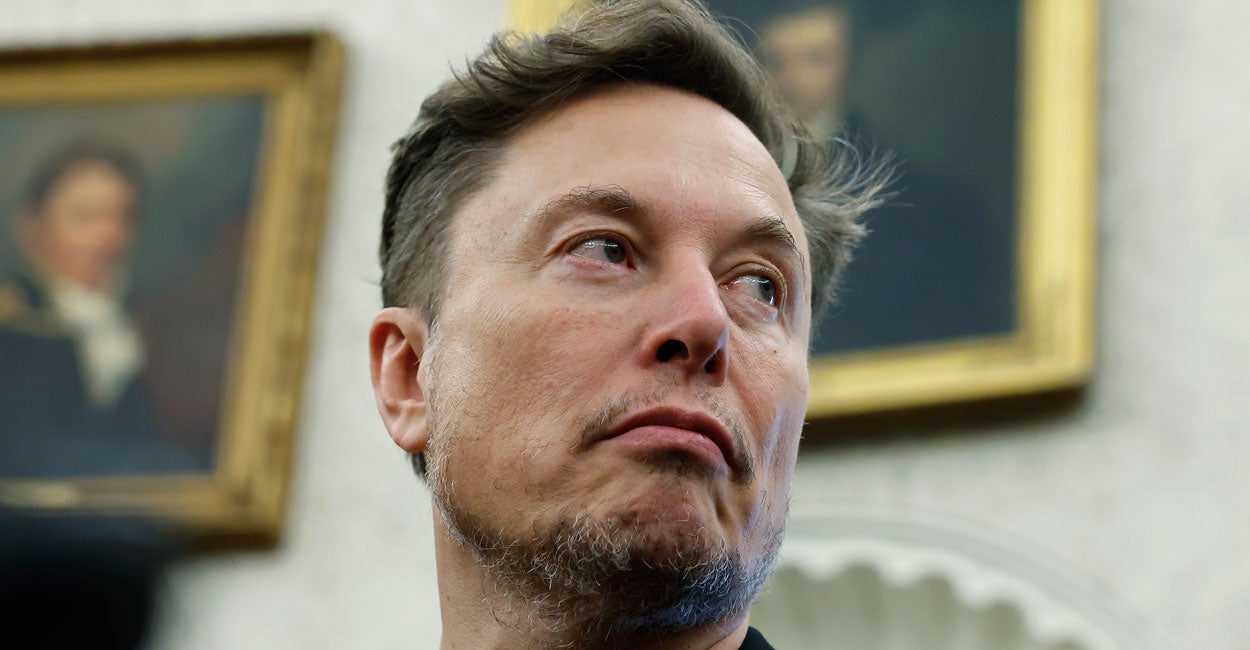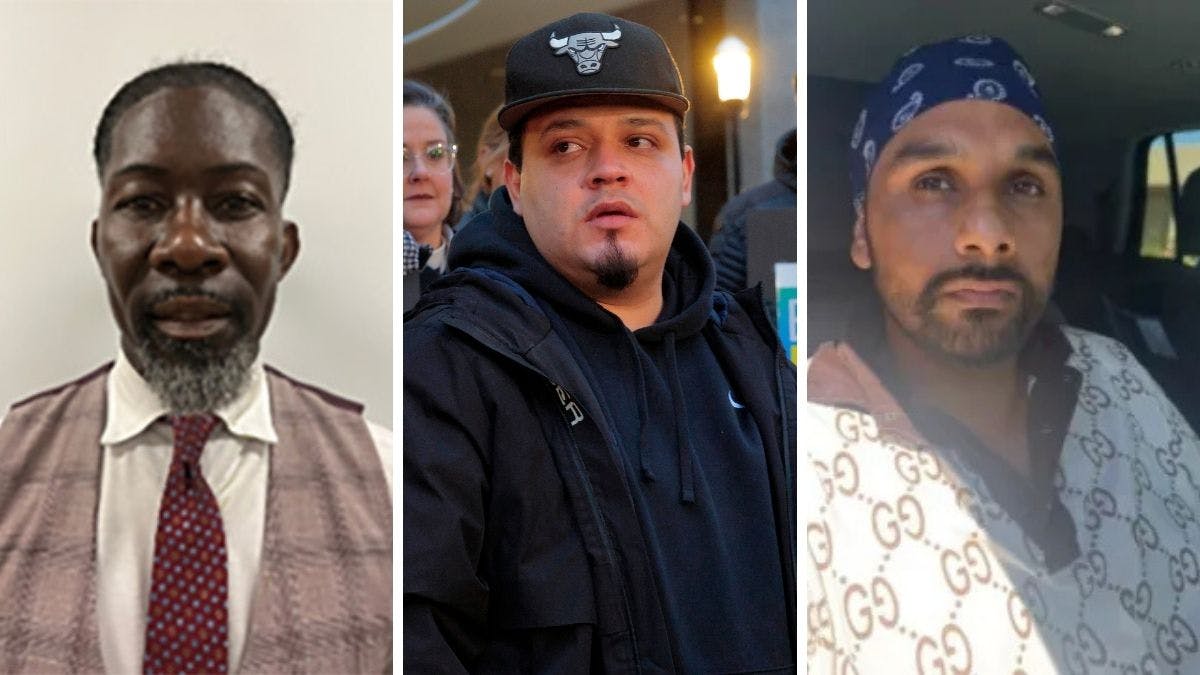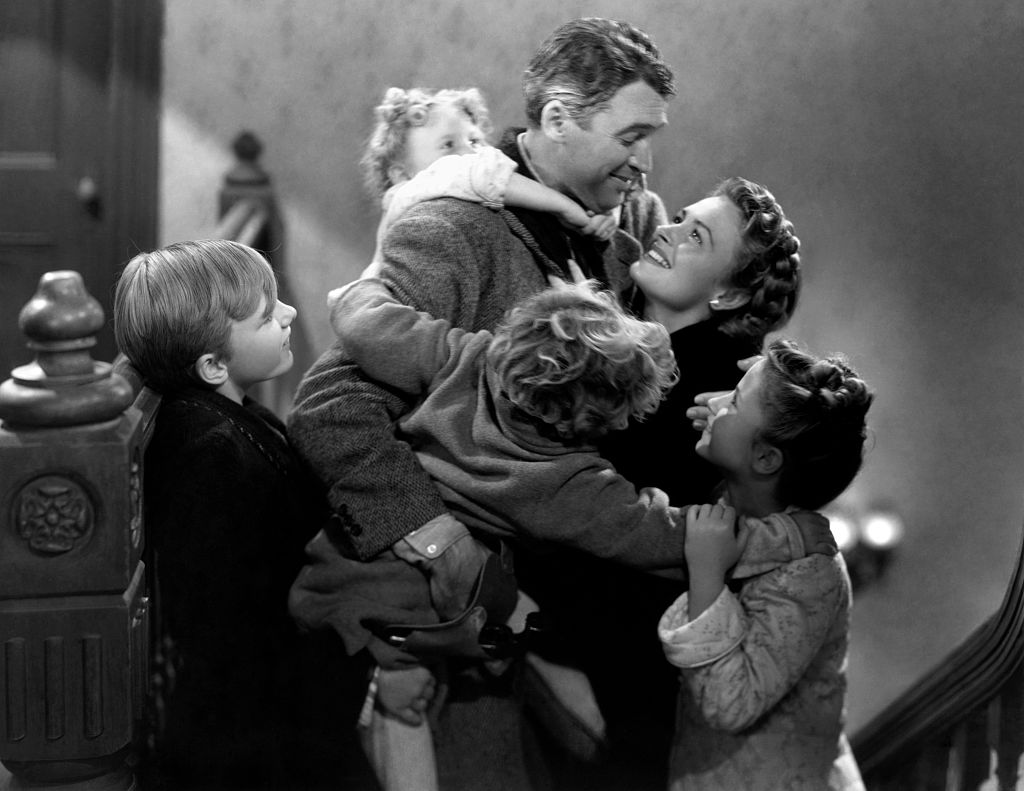Beware, Elon Musk’s ‘America Party’ Could Be Democrats’ Path Back to Power

Editor’s note: This is a lightly edited transcript of today’s video from Daily Signal Senior Contributor Victor Davis Hanson. Subscribe to our YouTube channel to see more of his videos.
Live Your Best Retirement
Fun • Funds • Fitness • Freedom
Hello, this is Victor Davis Hanson for The Daily Signal. Elon Musk, as we all know now, has had a rupture. The friendship between himself and President Donald Trump has been ruptured. Now, they’re not just frenemies, but they’re kind of hostiles. And they’re going back and forth against each other.
This is a tragedy because we have the world’s richest and probably most creative man versus one of the most successful politicians of the 20th and 21st centuries, Donald Trump, and wonderful president so far. And they should be working together.
But now Elon Musk, in his anger, has decided to create a new party called the “[America] Party.” And he outlined the platform. And whether it’s on regulation, taxes, tariffs, free speech, it’s very Republican. It’s not close at all to the Democratic platform. But it’s really—it’s almost identical to the Libertarian Party. And it’s designed, I’m afraid, to lose seats for the Republicans in the 2026 midterm elections and maybe even, if he were to be successful, in the 2028 presidential election.
A word of caution: All of us know the history of third-party movements, and it’s not very good. And I’ll get to that in a second. So it would be logical and probably wise to say that, well, this is crazy. Elon Musk is just nursing a grudge. He’s going to spend a lot of money. And the American party is going to go nowhere.
Remember the name “American party,” it’s kind of reminiscent—I don’t know if that was intended, of course, it wasn’t. But in 1968, George Wallace and Curtis LeMay—one of my heroes—the head of the B-29 program in World War II, ran as a third party on the American Independent Party. They added ”Independent,” but that was an American party, third party—they got about 8% of the vote. A lot of people think that ’68 vote, because he was a Democrat, hurt Hubert Humphrey more than it did Richard Nixon. It might have swung the election.
So it’s kind of an effort to hurt Donald Trump, both in the Congress and his successor in four years. But here’s the question that I have for Elon Musk, and that is, does he really believe that he can pull this off? Apparently, he does.
I would like to say, as I said, that it’s impossible that he can do it. But I would also have said 10 years ago it’s impossible that anybody can break into the big three auto companies. We had American Motors dropped out. Remember the DeLorean automobile, and I think that was the ’70s. That didn’t make it. He did. Tesla still has the highest stock value of the big three.
I would’ve thought no one could ever challenge NASA—that government monopoly. He did. I thought, wow, he paid so much for Twitter. How could he—you can’t just rebrand it ”X” and after paying three times its market value, be a force. Would it work? He did it. I don’t need to get into Starlink. So everything he’s done is successful. So people should be very careful about writing a third-party movement off.
But that being said, let’s just look at similar cases in history. In 1980, John Anderson, a moderate Republican, didn’t get along with Ronald Reagan. He said he was going to run as a third party. Remember that Reagan, until about the last three weeks of the campaign, was running behind Jimmy Carter. And everybody said John Anderson, if he takes 6% or 7%—which he did—of the vote, Reagan will lose. Reagan won. And remember, “There you go again, Jimmy Carter,” in that one very dramatic debate.
I mentioned the 1968 George Wallace campaign. I think that may have hurt Humphrey. And then, some of you were going to say, “Well, wait a minute, Victor. George Wallace, politically, was closer to Richard Nixon than he was Hubert Humphrey. So that’s a wash.”
If you look at the two third-party runs by Ross Perot—remember 1992? He really had a grudge against the Bushes. He ran and he got almost 19% of the vote. And if you look at the margin that Bill Clinton won by, about eight or nine points, that did hurt George H.W. Bush. I do think that most people felt that Ross Perot was more conservative than liberal and closer to the Bush position than he was the Clinton. And that third-party effort in ’92 spoiled the reelection bit of George H.W. Bush in large part.
He did it again in 1996. Everybody writes that second attempt off. He pulled out. He was all over the map. He still won almost 9% of the vote.
And if you add up all of Bob Dole’s votes, popular votes, and Ross Perot’s—and I think he was much closer to Bob Dole than he was to Bill Clinton, who was running for reelection—it’s almost equal to the Clinton vote, may or may not had a role.
Strom Thurmond, he won four states as a Dixiecrat in the 1948 election. And boy, everybody said that Harry Truman was running behind, well behind Thomas Dewey, and if Strom Thurmond bolted the party, they were done for. He took four states, won those electoral votes. Harry Truman still, in a comeback surprise, won by over four points. It had no effect.
There’s two times I think we could finish by saying third parties did really matter. And one was in 1912. Teddy Roosevelt, he had taken over after the assassination of William McKinley. He’d finished out a first full term. It was his second term. He wanted to run again. And his appointed successor—I mean, the person that he endorsed—William Howard Taft, he felt was not progressive enough. So he ran against him. And he had a third party—not the American party, but the Bull Moose Party.
And what happened? He won 27% of the vote. William Howard Taft only, I think he got six electoral—he only won six states. And he only won 23%. But here’s the kicker. If you had put Teddy Roosevelt’s votes with William Howard Taft, they would’ve creamed Woodrow Wilson, who was a hard-left progressive. So that was a spoiler election.
The other one was a famous one in 1860, when Stephen Douglas, who had those famous debates in the senatorial race in Illinois against Abraham Lincoln, was the Democratic nominee against Abraham Lincoln.
John Breckinridge broke off from the Democratic Party and had a Southern Democratic Party. And he took enough votes away from Stephen Douglas that got Abraham Lincoln elected president with—thank God—only 40% of the vote.
What I am getting at is there is no record ever that a third-party candidate can win the presidency or will make a fundamental change in the makeup of the Senate or the House.
I don’t think in the next midterm election there’s going to be [America] Party senators or representatives. However, they do, in some cases, affect elections. And for the most part, it’s unpredictable.
Nobody knows what the situation will be in 2028. But Elon Musk must know that it won’t be a constructive role, that he is more akin to Donald Trump and the conservative movement than he is the people who have persecuted him and tried to put him out of business.
So let’s hope that he looks at history, comes to his senses, and says, “For all my disagreements with Donald Trump, they pale in comparison to what has become of the Democratic Party.”
We publish a variety of perspectives. Nothing written here is to be construed as representing the views of The Daily Signal.
The post Beware, Elon Musk’s ‘America Party’ Could Be Democrats’ Path Back to Power appeared first on The Daily Signal.
Originally Published at Daily Wire, Daily Signal, or The Blaze
What's Your Reaction?
 Like
0
Like
0
 Dislike
0
Dislike
0
 Love
0
Love
0
 Funny
0
Funny
0
 Angry
0
Angry
0
 Sad
0
Sad
0
 Wow
0
Wow
0









































































